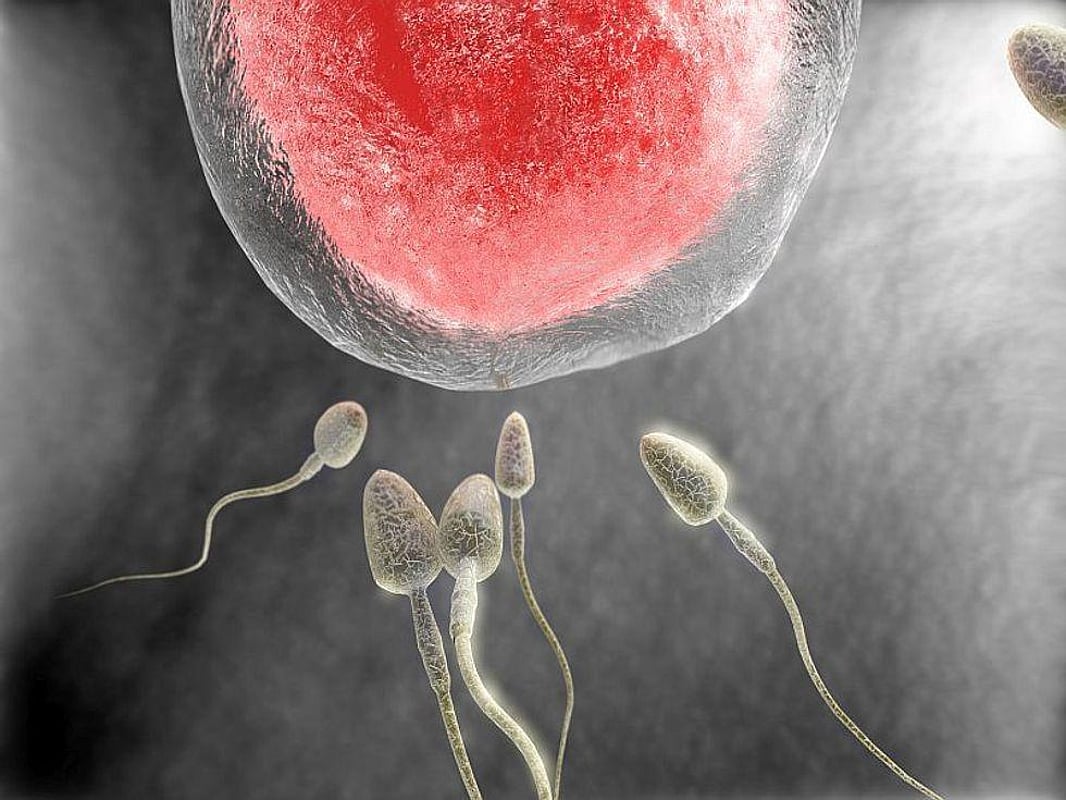One Form of Fertility Treatment May Raise Long-Term Cancer Risk in Offspring

THURSDAY, Sept. 1, 2022 (HealthDay News) -- Children born as a result of a common fertility procedure involving frozen embryos may have higher risk of cancer, Swedish researchers report.
In frozen-thawed embryo transfer, an embryo is created in a laboratory from an egg and sperm, frozen and later thawed before implantation.
“The individual risk was low, while at a population level it may have an impact due to the huge increase in frozen cycles after assisted reproduction,” said study co-author Ulla-Britt Wennerholm of the department of obstetrics and gynecology at the University of Gothenburg.
"No increase in cancer was found among children born after assisted reproduction techniques overall," she said.
The new findings were published online Sept. 1 in PLOS Medicine.
Prior studies have suggested that children born after frozen-thawed transfer may have higher short-term health risks, but long-term risks have been less clear.
For the new study, researchers analyzed medical data from more than 7.9 million children in Denmark, Finland, Norway and Sweden. Of those, about 172,000 were born as a result of assisted reproductive technology (ART), including 22,630 born after frozen-thawed transfer.
While children born after frozen-thawed embryo transfer were at higher risk of cancer than children born after fresh embryo transfer or conceived without ART, overall cancer risk was not higher for those conceived through ART, the researchers emphasized.
The most common cancers seen in the study were leukemia and tumors of the central nervous system, the study authors noted in a journal news release.
The researchers said the results should be viewed with caution because the number of children who developed cancer was low — 48 cases in all. More study would be needed to confirm a possible link between cancer and frozen-thawed transfer and any biological mechanisms underlying the risk.
More information
The U.S. Centers for Disease Control and Prevention has more on assisted reproductive technology.
SOURCE: PLOS Medicine, news release, Sept. 1, 2022
Was this page helpful?
Related Posts
Disparities Examined in Perceptions of Breast Reconstruction Outcomes
FRIDAY, July 29, 2022 (HealthDay News) -- Women's satisfaction after breast...
Dormir es clave para la buena salud mental de las mujeres mayores
LUNES, 9 de enero de 2023 (HealthDay News) -- Las mujeres mayores que no...
Smoking in Pregnancy Greatly Raises Odds for SIDS in Newborns
MONDAY, Jan. 30, 2023 (HealthDay News) -- Infants exposed to maternal smoking...
Consistent Breast Cancer Screening Cuts Odds of Dying From the Disease by 72%
MONDAY, June 5, 2023 (HealthDay News) -- Screening mammograms saves lives, and...
